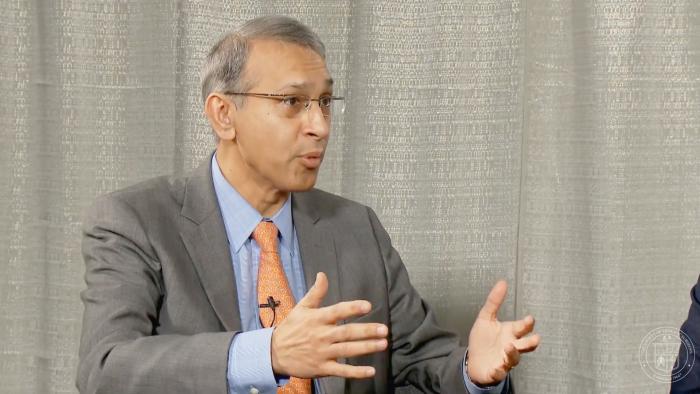Four cardiothoracic surgeons discuss the opioid epidemic in the United States, the scope of the problem among lung cancer patients, how else the epidemic is affecting the cardiothoracic surgery community, and what cardiothoracic surgeons are doing to stem the crisis.
Keith S. Naunheim, MD (Saint Louis University) - moderator
David T. Cooke, MD (UC Davis, Sacramento)
James D. Luketich, MD (University of Pittsburgh)
Alexander A. Brescia, MD (University of Michigan)
